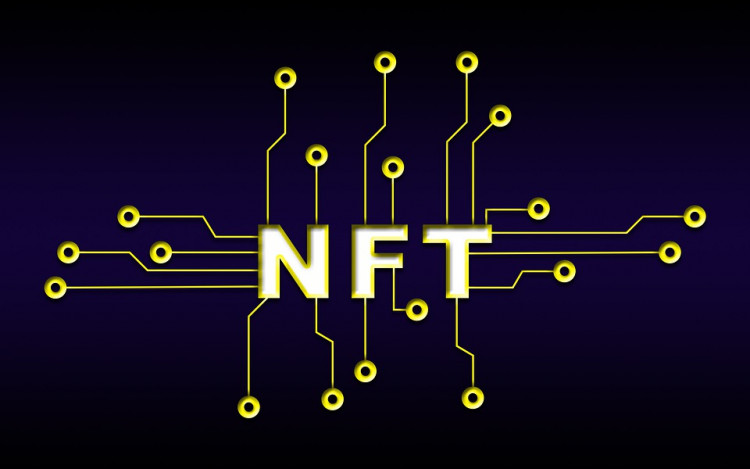The Treasury Department's tax division issued an updated draft of its 2022 instructions for form 1040 filers, which replaces the former category for "virtual currency" with broader new language on "digital assets," including explicit acknowledgment of NFTs.
This week, the U.S. Internal Revenue Service (IRS) took action to answer at least one query from cryptocurrency investors: how taxpayers should account for non-fungible tokens (NFTs).
"Digital assets are any digital representations of value that are recorded on a cryptographically secured distributed ledger or any similar technology," based on the draft instructions. "For example, digital assets include non-fungible tokens (NFTs) and virtual currencies, such as cryptocurrencies and stablecoins."
The final tax instructions haven't been released yet, so the crypto section could still be changed before it's official. The previous year's "virtual currency" section of the U.S. tax-filing instructions was a narrower definition of a digital token "that functions as a unit of account, a store of value, or a medium of exchange."
According to the most recent document, cryptocurrency owners will need to figure out and record their taxable income "if you disposed of any digital asset in 2022, that you held as a capital asset, through a sale, exchange, gift, or transfer."
In the U.S., cryptocurrencies, including non-fungible tokens (NFTs), are nonetheless regarded as "property" for taxation reasons. As a result, the bulk of taxable transactions involving digital assets will be subject to capital gains tax treatment, much to how stocks are taxed. This was first decided by the IRS in a notice published in 2014. However, certain actions that generate cryptocurrency are considered to be taxable revenue and must be treated as such.
Additionally, the IRS has not yet made it clear whether or not minting tokens, such as producing wrapped tokens, publicly minting NFTs, or minting interest-bearing assets, results in a taxable event.
Furthermore, it's unclear at this time if adding to or removing from DeFi liquidity pools using liquidity provider (LP) tokens is regarded as a crypto-crypto transaction. If you have dealt with any of these items or procedures throughout the past tax year, you should get professional advice.
Interestingly, it's still unknown what taxes apply to cryptocurrency acquired through staking. Most people categorize it as mining income. However, there is an ongoing lawsuit against the IRS to have stake incentives taxed only at the time of sale and not at the time of earning.
The plaintiffs in the case contend that recently produced property, such as furniture or other manufactured goods, is often only subject to tax at the moment of sale. They contend that newly created tokens obtained through staking should be treated according to the same rule.





